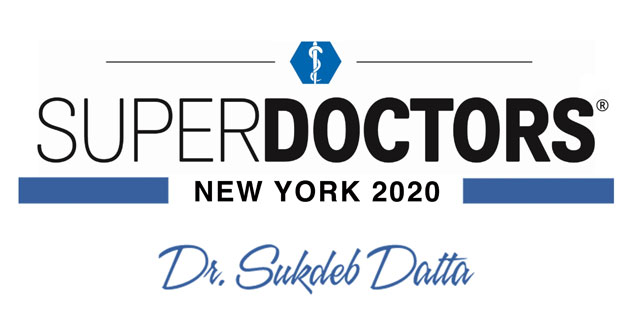Sciatica refers to compression or irritation of the sciatic nerve, which runs from the lower back through the leg. It can cause a number of symptoms which make it more difficult to function in day-to-day life, and can be caused by a number of underlying conditions. Fortunately, sciatica is normally quite manageable.
Causes
Sciatica can be caused by conditions that affect either the lower spine, or the muscles through which the sciatic nerve runs. Some potential causes include:
- Piriformis syndrome - If the piriformis muscle, located in the buttocks, is tight, sciatica can occur
- Degenerated discs - Herniated or bulging discs can press against the sciatic nerve
- Bone spurs - Abnormal growths of bone can also press against the nerve
- Vertebral fracture - Often caused by acute trauma, a fractured vertebrae can press against nerves
- Spondylolithesis - A vertebrae slips out of position
- Spinal tumors - A rare but potential cause of sciatica
The symptoms of sciatica will be similar regardless of the underlying cause, which is one reason your doctor will use a number of diagnostic tests to determine the exact cause. You'll probably undergo a physical exam as well as medical imaging (x-ray, MRI) to determine the cause of your condition.
Symptoms
The symptoms of sciatica can vary in their severity and frequency. Some people experience constant symptoms, other intermittent problems; some people experience severe pain, others more minor issues. The symptoms may include:
- Pain in the lower back
- Pain in the leg
- Numbness or tingling in the leg
- Muscle weakness in the leg
In general, the symptoms will manifest on a single side of the body, but there are exceptions to that tendency.
Treatment
The treatment of sciatica varies heavily based on the cause and severity of the condition. For example, many people with piriformis syndrome can manage their symptoms by stretching and exercising daily, while people with spinal tumors will require invasive spine surgery. For most conditions, there are a number of non-invasive and minimally invasive options available, which allow patients to get treatment without undergoing open spine surgery.
To learn more about which treatment of sciatica is right for you, please click below and enter your information or call the Datta Endoscopic Back Surgery and Pain Center at (646) 374-1799.






 EDISCSCULPT
EDISCSCULPT



